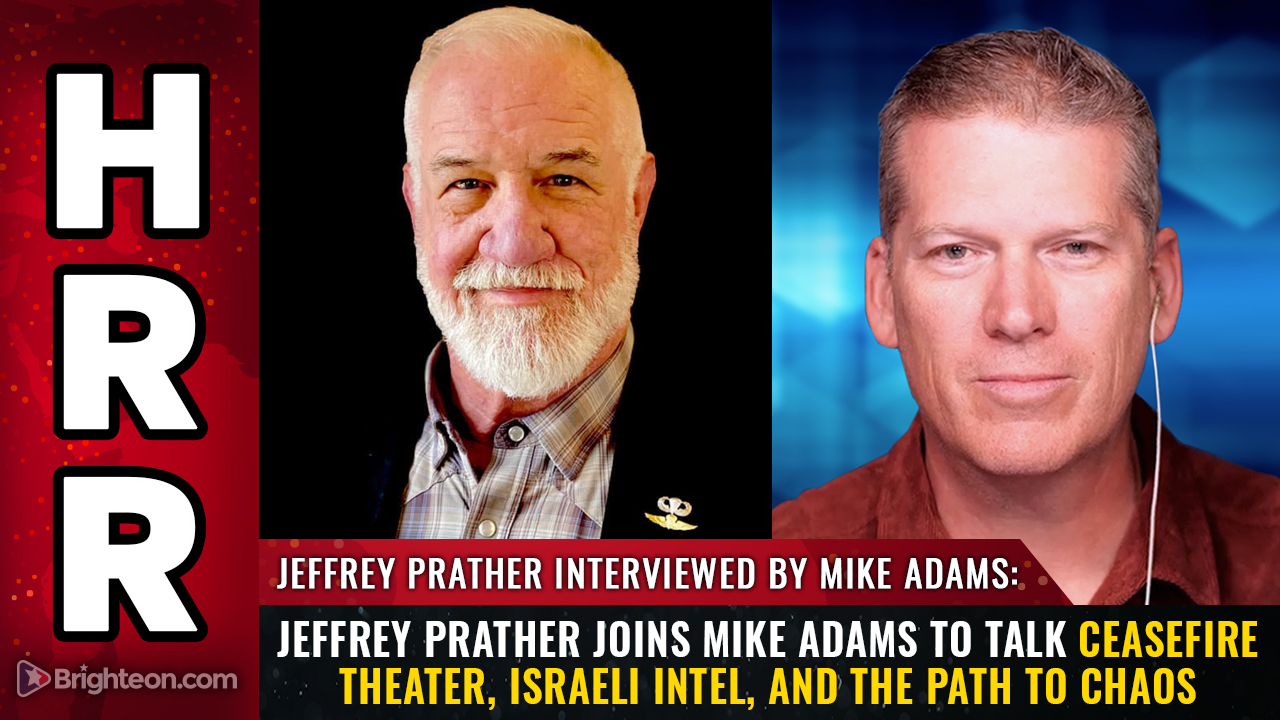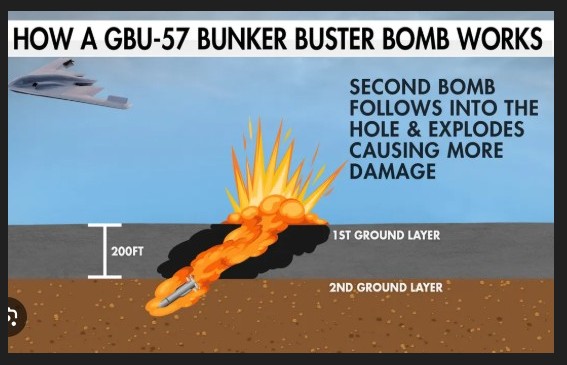 Parler
Parler Gab
Gab
- Ex-Trump aide Steve Bannon urges U.S. to prioritize 'America First,' warning against entanglement in Israel-Iran conflict.
- Trump praised Israel's preemptive strikes against Iran, asserting Iran "brought it on themselves" by rejecting nuclear deals.
- Tensions escalate as Iran retaliates with missile attacks, and U.S.-Iran nuclear talks collapse.
- Bannon highlights ideological divisions in conservative circles, criticizing obsession with Israel amid domestic issues like border security.
- Trump and Bannon clash on the definition and application of "America First" amid potential regional war risks.
Bannon pushes for U.S. sovereignty, warns of escalation
In an interview with the Financial Times, Bannon framed the U.S.-Israel alliance as transactional rather than indefinite. “They [the Israelis] are Israel First; we need to always be America First,” he stated, referencing their recent strike on Iranian facilities. He further criticized Israel’s aggressive tactics, warning of dire consequences: “Live by the sword, die by the sword.” Bannon’s remarks reflect broader concerns among conservative national security circles about Israel’s military actions drawing the U.S. into a wider conflict. The Israeli raids, which targeted nuclear sites and high-profile scientists, follow five rounds of U.S.-Iran talks that collapsed last week. Tehran has denounced the strikes as unilateral aggression, vowing to retaliate persistently. “What’s missing is a clear-eyed analysis of who Israel’s actions serve,” Bannon told the outlet, implying U.S. support for Tel Aviv may not align with strategic national interests. His comments are amplified by Russia’s renewed activity in the region, including President Vladimir Putin’s communication with Trump, which Bannon claims underscores the complexity of U.S. alliances.Trump defends Israel, asserts “America First” control
President Trump has positioned himself as a steadfast ally of Israel, calling its strikes “very successful” and justifiable. In an interview with The Atlantic, he defended his interpretation of “America First” and stressed the need to prevent any Iranian nuclear capability, regardless of geopolitical costs. “Iran cannot have a nuclear bomb, very simple,” Trump said, adding that Tehran “brought this on themselves” by refusing to negotiate. He dismissed criticism from figures like Tucker Carlson, stating, “Who are the warmongers? They are the ones who let Iran get a bomb.” Trump’s stance contrasts sharply with Bannon’s caution. When pressed on whether supporting Israel risked U.S. involvement in the conflict, he doubled down on strategic necessity: “Peace requires strength, and strength requires action.” The president also revealed a lengthy conversation with Putin about ending both the Israel-Iran conflict and the Ukraine war, hinting at a diplomatic approach even as missiles fall.Eroding alliances and shifting priorities
The current rift mirrors past disagreements within the conservative movement over regional entanglements. Bannon, a vocal critic of the 2003 Iraq War, has long warned against open-ended U.S. military commitments. Meanwhile, Trump’s pro-Israel pivot since his 2016 campaign, including the 2020 U.S. embassy move to Jerusalem, has reshaped American foreign policy. The ideological divide now extends to domestic priorities. Bannon recently accused parts of the right-wing base of fixating on Israel’s regional struggles while ignoring issues like border security and domestic radicalization fueled by Islamist infiltration. “The left uses open borders to import enemies,” he told rivals, arguing that Israel’s policy “distraction” weakens national cohesion. Yet Trump has framed these tensions as misguided, asserting that Israel’s survival is inseparable from U.S. strategic goals. Both men agree the U.S. must oppose Iran—a longtime adversary—but differ on whether Tel Aviv’s tactics enable, or hinder, that objective.Competing visions amid rising flames
As rockets rain across the Middle East, the Bannon-Trump feud symbolizes a deeper struggle over U.S. foreign policy identity. Bannon’s “America First” prioritizes sovereignty and restraint, while Trump’s iteration leans into ideological solidarity and deterrence. The immediate stakes are dire: Iran’s counterattacks have killed dozens, and U.S. fighter jets now intercept Iranian drones alongside Israeli planes. For policymakers, the conflict poses a binary question: Does Israel’s security justify risking American lives and resources, or is the alliance becoming a liability? The answer may define the next chapter of U.S. influence in a region where miscalculations routinely spiral into catastrophe. Sources for this article include: RT.com Menafn.com Yahoo.comBannon’s bombshell: Fox News faces scrutiny over alleged ties to foreign influence
By Belle Carter // Share
German fairytale forest to be cleared for WIND TURBINES
By Ramon Tomey // Share
Trump’s evolving Middle East policy: Peace deal collapses hours after announcement
By Finn Heartley // Share
Trump’s diplomatic gambit: Did he outmaneuver Netanyahu to avoid war?
By Finn Heartley // Share
Governments continue to obscure COVID-19 vaccine data amid rising concerns over excess deaths
By patricklewis // Share
Tech giant Microsoft backs EXTINCTION with its support of carbon capture programs
By ramontomeydw // Share
Germany to resume arms exports to Israel despite repeated ceasefire violations
By isabelle // Share









